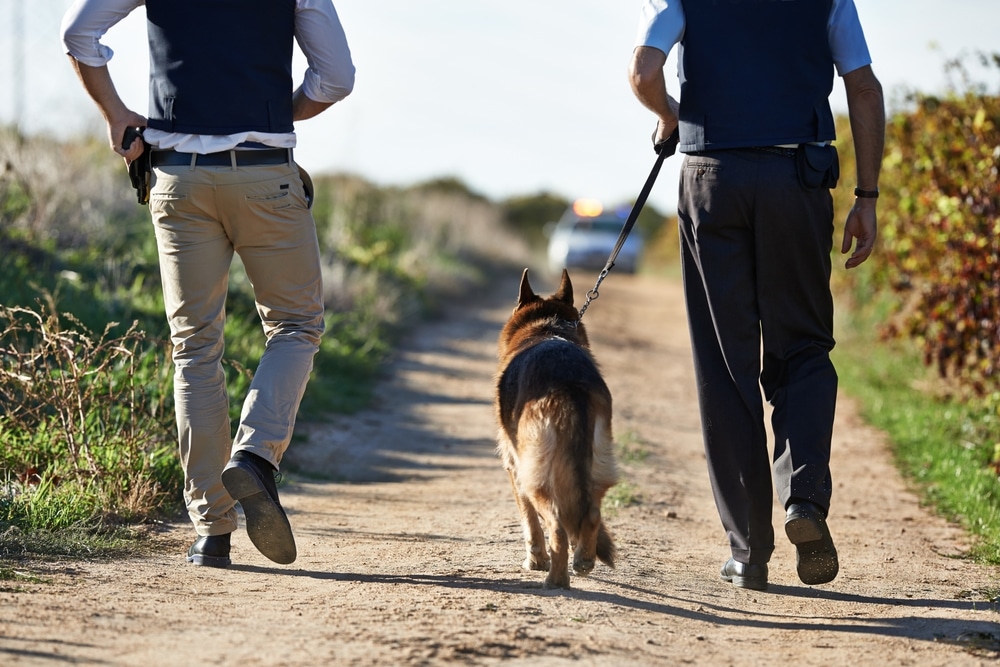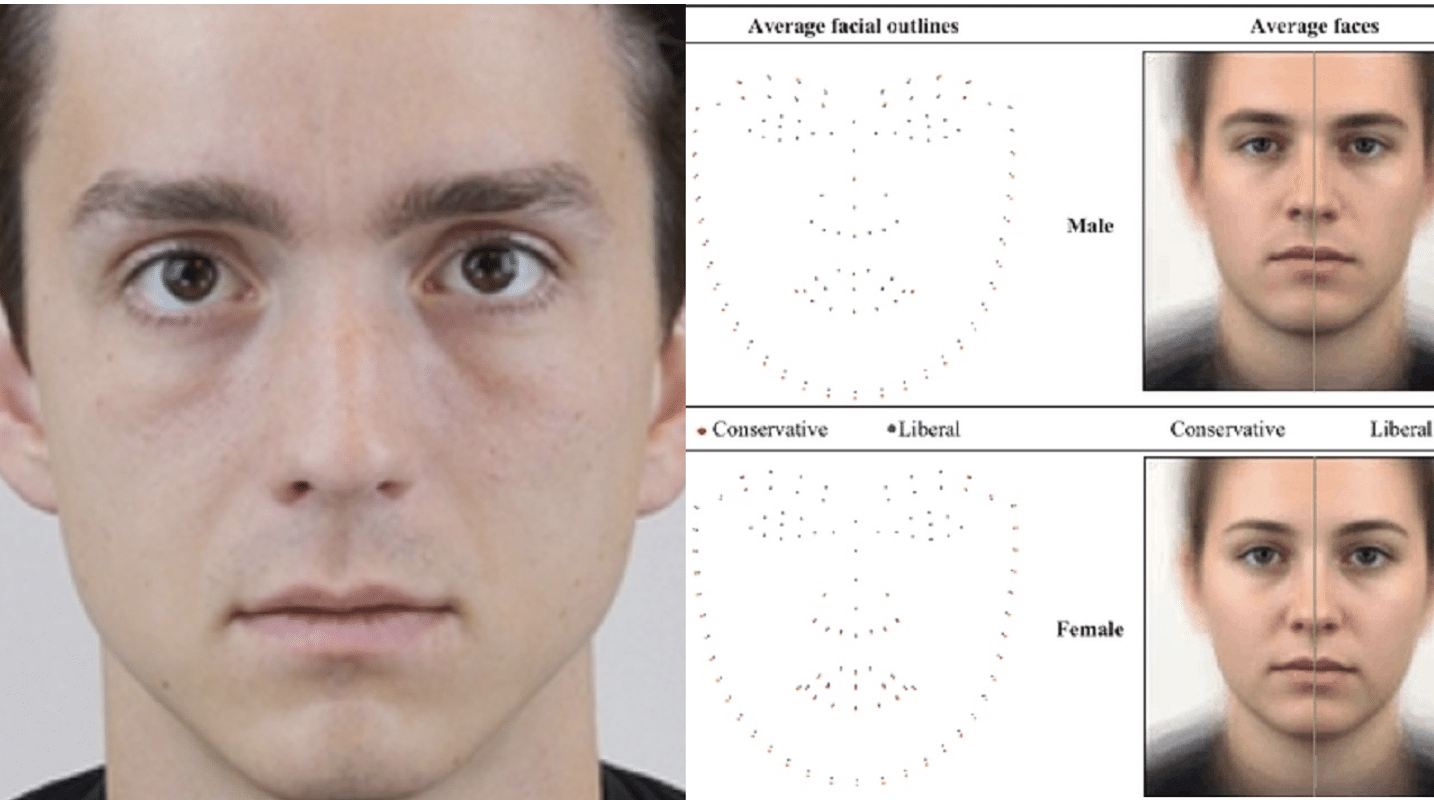If you didn’t think that solving how to stop cows from burping is a million-dollar idea, well, Bill Gates apparently does. The Microsoft co-founder and billionaire has reportedly backed an Australian-based startup looking to stop cows from burping methane emissions, pouring funds into research around livestock food supplements.
According to a press release, Gates’ firm Breakthrough Energy Ventures (BEV), with participation from Harvest Road Group, raised $12 million for Rumin8, a climate technology company.
Rumin8 studies solutions to reducing livestock emissions, and their latest initiative identifies “anti-methanogenic properties” that can be produced efficiently and for a low cost to eventually feed to livestock. The dietary supplement is synthetically replicated from an active ingredient found in red seaweed called bromoform, which prohibits the creation of methane.
Rumin8’s latest round of investments aims to build brand development and move the supplement toward commercialization, the press release states. “The demand for sustainable protein has never been more apparent, which is why BEV is keenly interested in reducing methane emissions from beef and dairy,” BEV founder and managing partner Carmichael Roberts said in a statement.
“Rumin8 offers a low cost, scalable toolbox that has already proven to be effective in reducing emissions. Our team will support Rumin8 in working closely with farmers to expand the reach of this solution globally.”
Gates has previously made public comments arguing that the world’s wealthiest countries should ditch beef for plant-based alternatives to fight global climate change.
In his book titled “How to Avoid a Climate Disaster,” Gates details the measures needed to eliminate greenhouse-gas emissions. The billionaire software developer and philanthropist discusses policy changes and tech innovations needed to help curb industries with the largest carbon footprints, like steel, cement and agriculture, where a third of all greenhouse gas emissions — which trap heat and warm the climate — come from livestock production. (SOURCE)


















